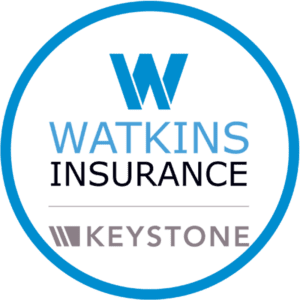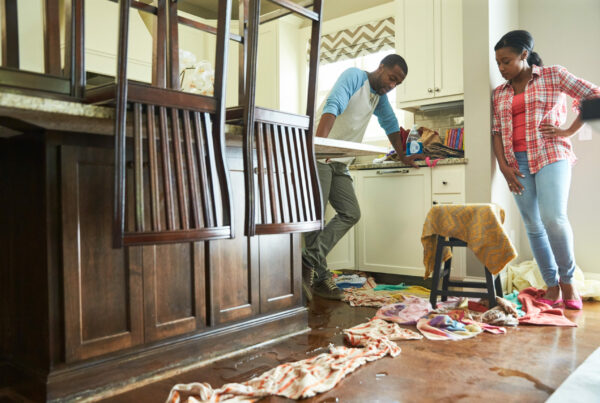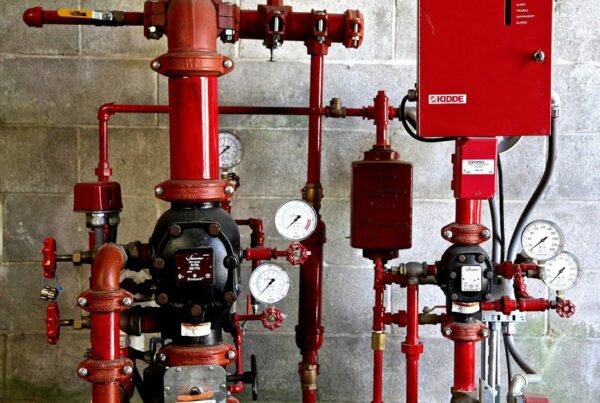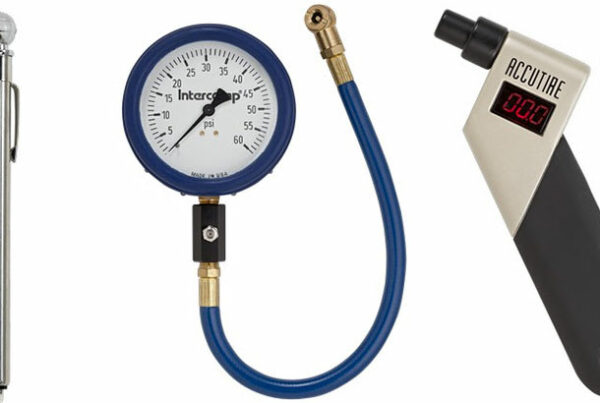When you understand the risks you face as a property owner or lessor, you can better
manage them and help prevent losses. Consider these scenarios:
Natural perils – A tornado sweeps through town, damaging your building and your
tenants’ contents.
Fire – A fire starts at one end of your multiple-occupancy building. After it is
extinguished, you find it has damaged multiple units and tenant contents.
Third-party injury or illness – A patron slips and falls in the parking lot, spraining
an ankle.
Change in occupancy – A restaurant replaces a retail store in one of your units. As
a property owner, you want to determine if the current sprinkler system is able to
handle the demands of a restaurant.
Change in tenant operations – A retail craft store expands its operations to
include pottery making. With this expansion, your tenant adds kilns to heat-treat
ceramic projects.
Vacancy – A vandal enters your unoccupied building and damages walls, floors,
windows or other property.
Review the responsibilities
A well-designed lease agreement can assist lessors in transferring responsibility for
payment due to bodily injury or property damage to the legally responsible party.
Consult with legal counsel when evaluating your current lease or other formal
contract. When consulting with your attorney, consider whether your agreement:
• is signed by all tenants
• contains appropriate anti-subrogation wording and indemnification–hold harmless
provisions favorable to you and acceptable under your state’s laws
• authorizes you to develop, change and enforce rules and regulations for
the premises
• defines which areas you control and which the tenant controls
• defines the maintenance obligations of all parties while specifying the scope of the
operations and the steps you will take if the tenant defaults on these obligations
• grants you the right to inspect the leased premises for conformance with the lease
provisions concerning maintenance and to point out to the tenant any obvious
hazards. Examples include uncontrolled cooking operations, improper handling of
flammable and combustible liquids, lack of fire protection equipment, blocked or
locked fire exits and exposed electrical connections. You also may want to consider
documenting those hazards in a follow-up letter to the tenant so future infractions
may be addressed through the lease.
requires the tenant to obtain permission before performing any building
alterations. You may want to retain the right to approve contractors and to specify
minimum insurance requirements for the contractor. In addition, you may want
to establish rules for when construction activities may take place along with the
specific areas for parking and staging to ensure public spaces are protected.
• contains provisions regarding use of hazardous substances, dispensing of liquor
and other activities that increase the risk of loss
• requires service contractors who come on your premises to provide certificates of
insurance verifying adequate limits of insurance and appropriate state licenses,
where applicable. Such professionals include automatic fire sprinkler system
contractors, snow removal contractors, HVAC contractors, plumbers, electricians
and janitorial contractors.
• requires tenants to obtain specified liability insurance on behalf of the owner, with
you listed as an additional insured on a primary basis. Make sure you obtain proof
that the tenant has acquired and maintains all required insurance. Your tenant’s
insurance policy should have minimum commercial general liability limits of:
–– $1,000,000 each occurrence/$2,000,000 general aggregate, subject to a per
location aggregate applicable to all locations owned by you and rented or leased
by the tenant
–– $2,000,000 products/completed operations aggregate
–– $1,000,000 personal and advertising injury
–– $500,000 damage to premises rented to you
–– $5,000 medical payments
Consult with legal counsel to familiarize yourself with state laws before you lease
space to bars, restaurants or stores that sell liquor. In jurisdictions where the
property owner may be held responsible for incidents resulting from the sale of
liquor, consider whether the lease should require the tenant to adhere to applicable
liquor control laws and to indemnify the owner for any claims that result from
improper sale.
While it is your duty to live up to your obligations as a property owner, it is also wise
to make your tenants take responsibility for their actions and premises upkeep. By
adhering to a legal, binding lease or contract, you ensure everyone understands what
is expected at the property you own and who is responsible in the event of a loss.
*Thanks to our friends at Cincinnati Insurance Company for this helpful information.






